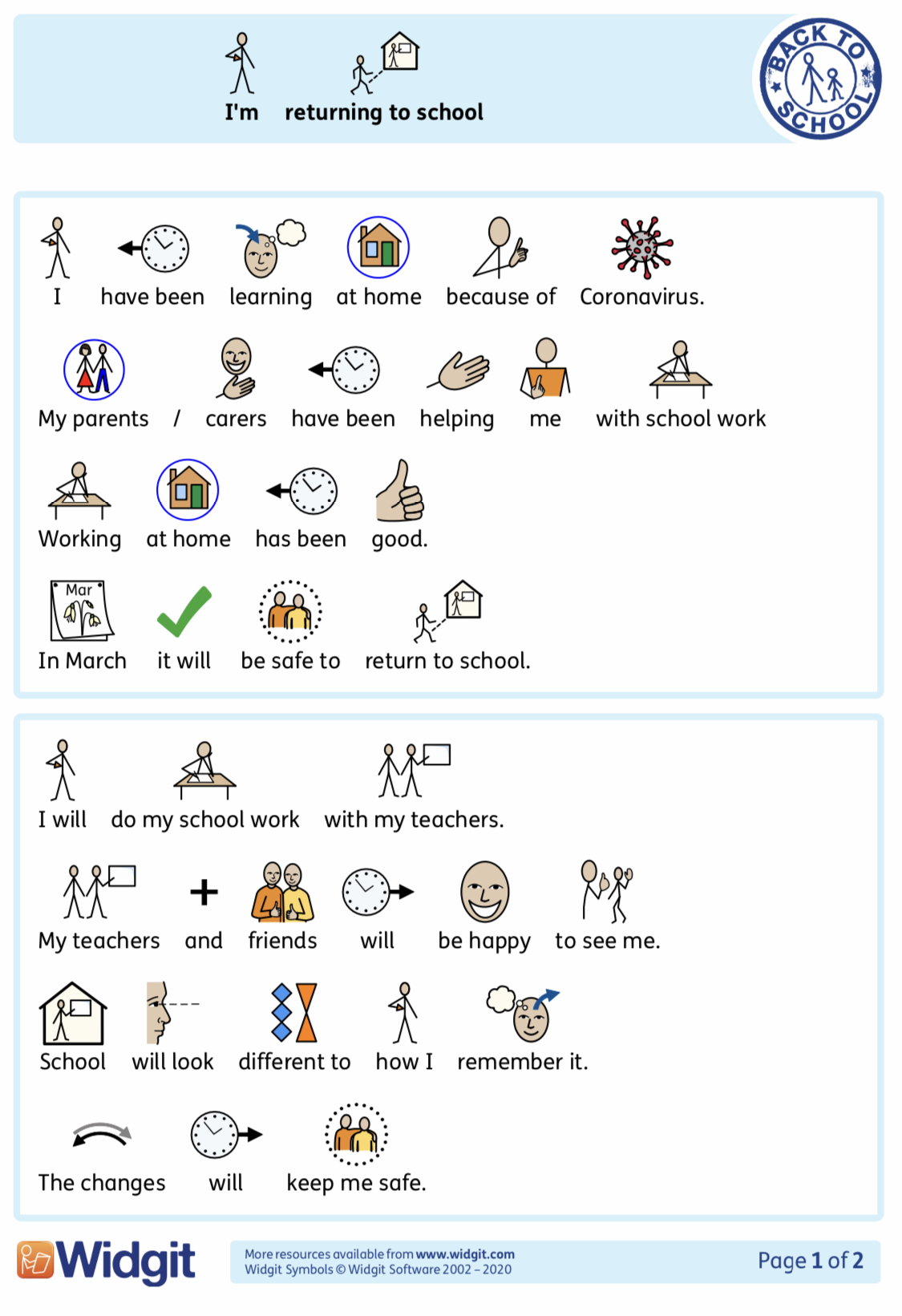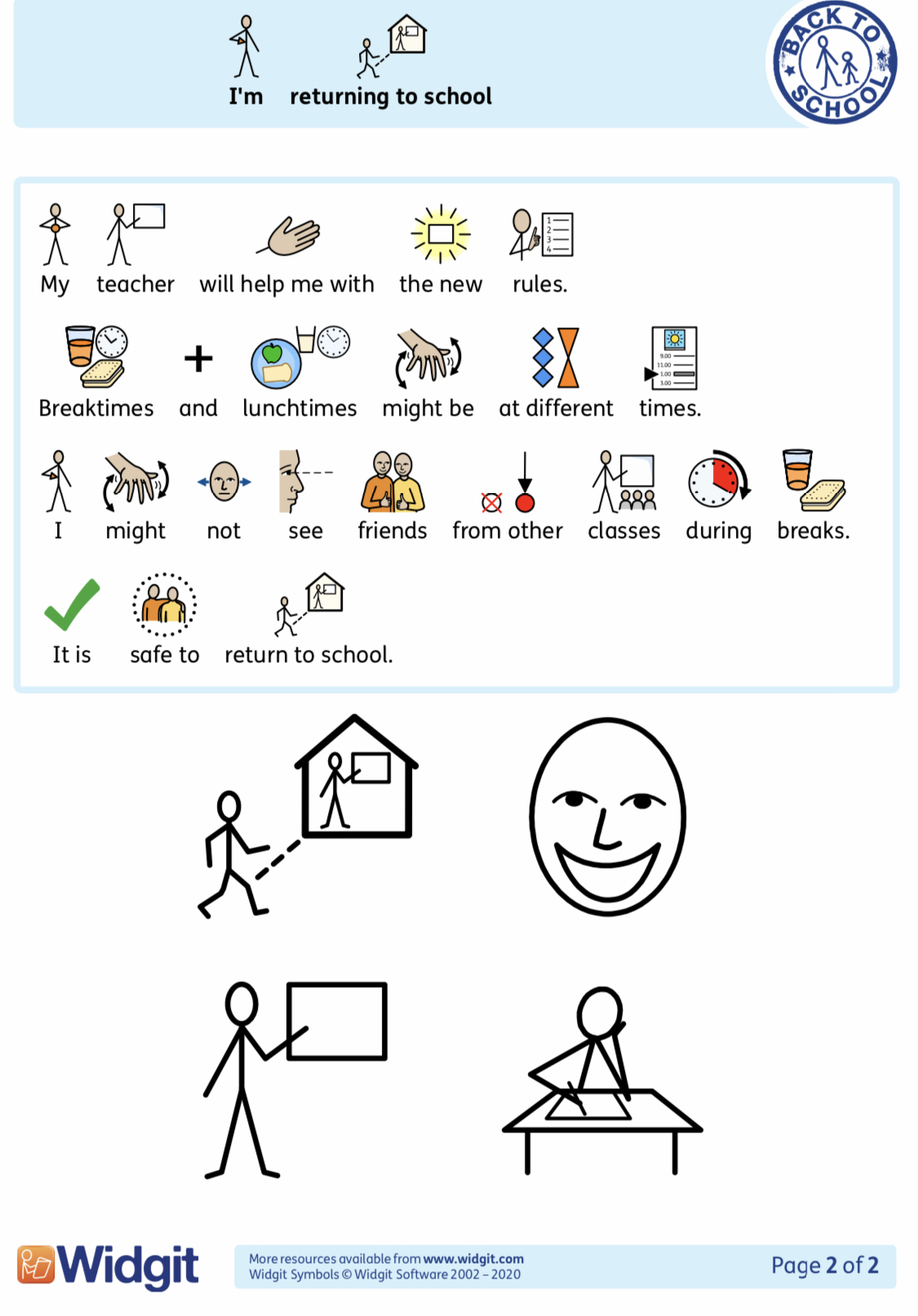Welcome to Queen Elizabeth 2 Class

Welcome all Year 6 parents and pupils.
Class Teacher: Miss Blackford
Teaching assistants: Mrs Jackson & Mr Cellmer
Recommended reading books for Year 6:
Best Books for Year 6 | Ages 10-11 Recommended Reads | BooksForTopics
Expertly selected books for 9 and 10 year old children (lovereading4kids.co.uk)
Expertly selected books for 11, 12 and 13 year old children (lovereading4kids.co.uk)
This week is Autism Awareness Week. Please visit https://www.autism.org.uk/advice-and-guidance/what-is-autism for more information.
Our learning objectives this week are:
English – Writing and editing a playscript and engaging in Book Talk.
Maths – We shall be continuing to consolidate our learning up until half term. We shall be recapping the learning objectives taught so far this half term.
Science – We shall be identifying characteristics of different types of animals.
PE – Each week we shall have a Fitness and an Athletics session.
What are we studying in English?
For this unit, we shall be using a range of different adaptations to understand the story of Macbeth.
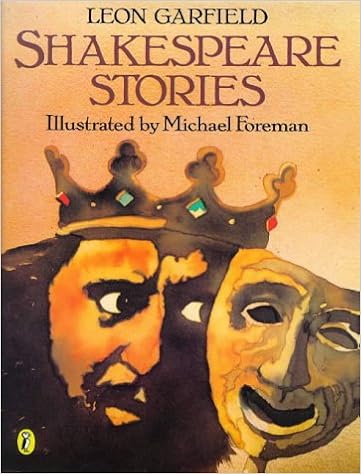

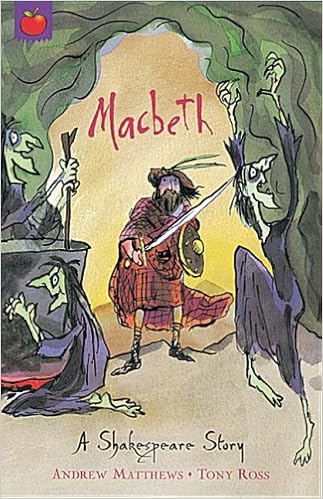
Key dates
31st March – Last day of term.
19th April – Return to school.
Our learning objectives this week are:
English – Identifying the key features of a play script, evaluating the key features of a play script, editing and up-levelling an existing playscript and planning our very own play script. How exciting!
Maths – We shall be consolidating our learning up until half term. We shall be recapping the learning objectives taught so far this half term.
Science – We shall be researching Carl Linnaeus.
PE – Each week we shall have a Fitness and an Athletics session.
RE – We shall be learning about Good Friday and Easter Day.
Geography – We shall be looking at the physical geography of Japan.
RHE – We shall be continuing our learning about puberty.
What are we studying in English?
For this unit, we shall be using a range of different adaptations to understand the story of Macbeth.



What is our class reading book?
Since we are studying the Shakespeare classic Macbeth, we have decided to read from a collection of Shakespeare short stories, by Andrew Matthews.
This week, we shall specifically be focusing on Romeo and Juliet. We shall also be using modern retellings (English KS2 / KS3: ‘Romeo and Juliet’ by William Shakespeare – (animation) – BBC Teach and Gnomeo and Juliet) to help us understand the storyline and draw comparisons.
Wow what a busy first week back! We are settling back in well, enjoying our lessons and even managed to squeeze in our Christmas Party that we missed!
Our learning objectives this week are:
English – Continuing with Macbeth, we shall be using freezeframes to understand and empathise with characters. We shall be writing in role after key events and using role play and diary entries to build character profiles.
Maths – We shall be looking at area and perimeter, as well as the area of a triangle and parallelogram.
Science – We shall be continuing our learning on the classification of animals.
PE – Each week we shall have a Fitness and an Athletics session.
RE – We shall be starting our learning about Holy Week.
Geography – We shall be looking at how earthquakes and tsunamis affect Japan.
What are we studying in English?
For this unit, we shall be using a range of different adaptations to understand the story of Macbeth.



What is our class reading book?
Since we are studying the Shakespeare classic Macbeth, we have decided to read from a collection of Shakespeare short stories, by Andrew Matthews.
National Shakespeare Week
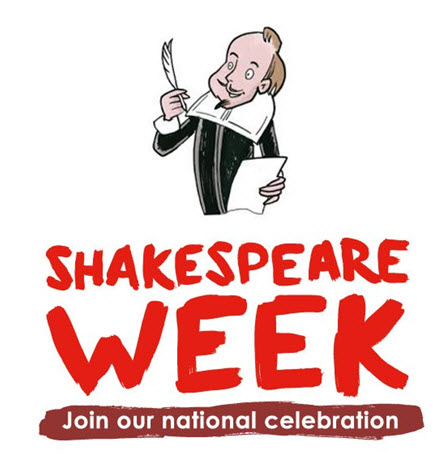
We shall be watching a performance, by the Royal Shakespeare Company (RSC), to commemorate this exciting week. We shall also be studying A Midsummer Night’s Dream in our Guided Reading sessions. Check out the blurb below:
DREAM – EXPLORE THE FUTURE OF THEATRE IN A VIRTUAL FOREST

Bringing performance and gaming technology together to explore new ways for audiences to experience live theatre.
Dream is a live performance set in a virtual midsummer forest. Inspired by Shakespeare’s A Midsummer Night’s Dream, it will give you a unique opportunity to directly influence the live performance, from wherever you are in the world.
Under the shadow of gathering clouds at dusk, lit by the glimmer of fireflies, Puck acts as the guide. You’re invited to explore the forest from the canopy of the trees to the roots, meet the sprites, Cobweb, Mustardseed, Peaseblossom and Moth, and take an extraordinary journey into the eye of a cataclysmic storm.
The 50-minute online event will be a shared experience between remote audience members and the seven actors who play Puck and the sprites.
About Shakespeare Week:
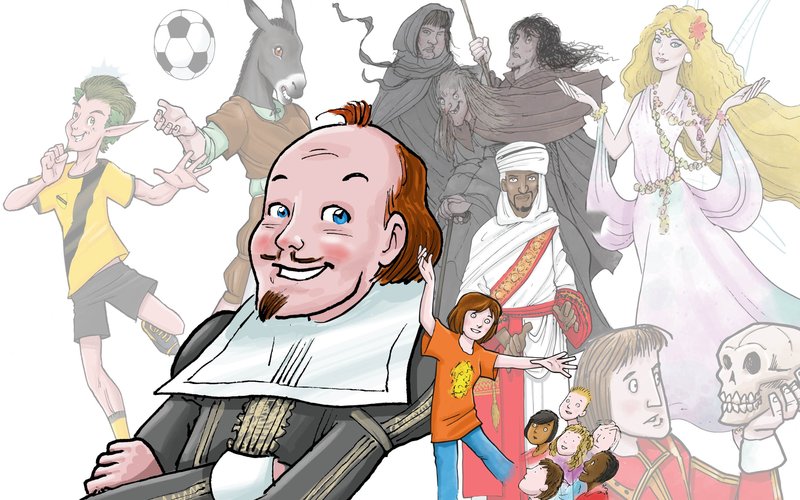
Shakespeare’s language can cast a light on the complexity of human emotions and is a wonderful way to explore and understand our own and others’ feelings. Shakespeare Week is a national annual celebration giving primary school aged children opportunities for enriching and enjoyable early experiences of Shakespeare. It is one of the pathways to Shakespeare provided by the Shakespeare Birthplace Trust for people of all ages and stages of interest.

Welcome back Year 6, we have missed you! Below you will find our learning objectives for the week:
English – Our first few sessions will see us plan and write a book review, based on our class text – Rooftoppers by Katherine Rundell. From midweek, we shall begin our new class text, Macbeth – by William Shakespeare. Although we will be looking at different adaptations, this week will see us evaluate the language of the witches scene and be able to retell key events from the story.
Maths –
Day 1 – Multiplying fractions by integers.
Day 2 – Multiplying fractions by fractions.
Day 3 – Dividing fractions by integers.
Day 4 – Dividing fractions by integers.
Day 5 – Four operations and fractions.
Science – It is British Science Week this week. To celebrate this, we shall be taking part in a virtual lesson run by Dr. Mandy Hartley. Here is a blurb about what we shall be learning:
Did you know that ancient skeletons have many secrets waiting to be uncovered?
Through the examination of DNA, scientists and archaeologists know how our Stone Age ancestors lived, what they ate and even what they looked like. Want to find out how they do this? Join, Dr Mandy Hartley, science communicator the author of The DNA Detectives Series to learn how DNA can be taken from bones to uncover the mysteries of the distant and not so distant past. Mandy will also share interesting facts about DNA with your class as well as demonstrate how they can take DNA from a banana using simple kitchen equipment in their homes. She will also explain how DNA is used by scientists in real life situations from solving crimes, to developing vaccines to feeding the world.
RE – We shall be starting to learn all about Holy Week.
RHE – We shall be learning all about Pantasaurus this week.
Geography – We shall be looking at how volcanoes have shaped the islands of Japan.
PE – Tower Class will have PE on Tuesdays and Wednesdays from now on. QE2 Class will have PE on Tuesdays and Thursdays. Children will need to come in to school in full PE Kit.

Congratulations to the following children who were awarded a merit card this week:
Tower – Bianca and Mariah
QE2 – Emily and Caiden

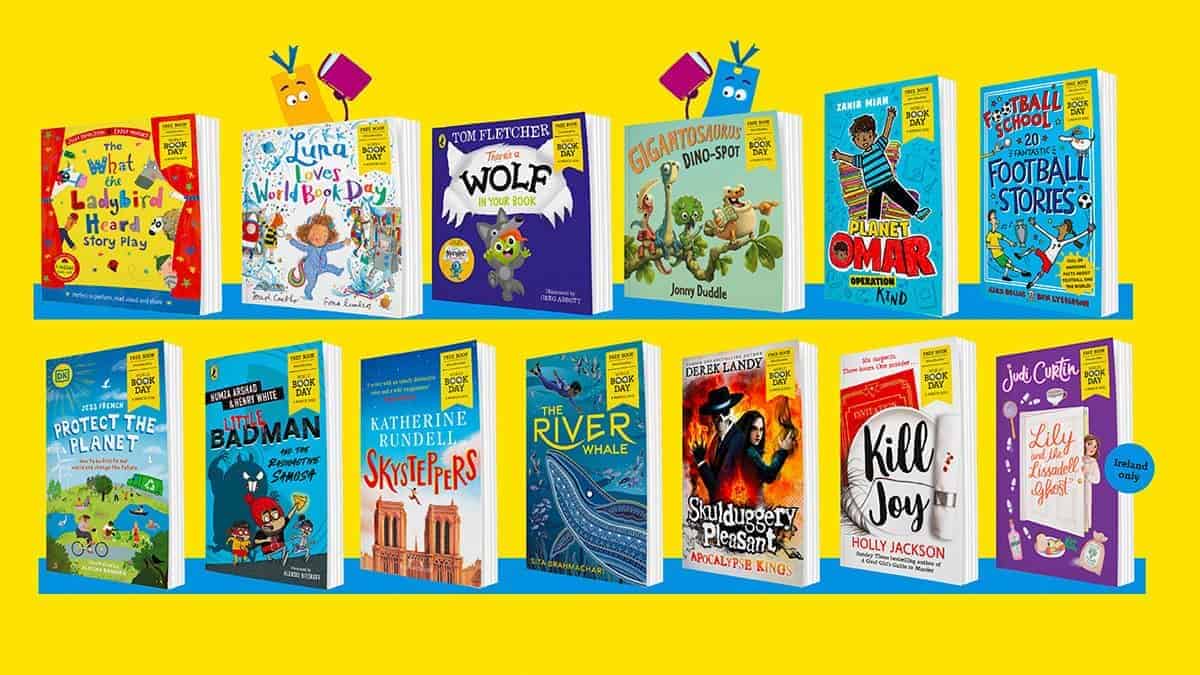
Why do we celebrate World Book Day?
World Book Day changes lives through a love of books and shared reading. The mission is to promote reading for pleasure, offering every child and young person the opportunity to have a book of their own.
Reading for pleasure is the single biggest indicator of a child’s future success – more than their family circumstances, their parents’ educational background or their income. We want to see more children, particularly those from disadvantaged backgrounds, with a life-long habit of reading for pleasure and the improved life chances this brings them.
World Book Day was created by UNESCO on 23rd April 1995 as a worldwide celebration of books and reading. It is marked in over 100 countries around the globe.
The first World Book Day in the UK and Ireland took place in 1997 to encourage young people to discover the pleasure of reading.
As World Book Day founder, Baroness Gail Rebuck, recalls “We wanted to do something to reposition reading and our message is the same today as it was then – that reading is fun, relevant, accessible, exciting, and has the power to transform lives.”
Spending just 10 minutes a day reading and sharing stories with children can make a crucial difference to their future success and it’s fun for all involved.
That’s why World Book Day continues to encourage children and young people to read for pleasure through its work with authors, illustrators, publishers, bookshops and libraries.
How are we celebrating World Book Day?
Just because everything is having to be done virtually this year, we still plan to celebrate this great event through arranging a series of fun activities, live sessions with authors and sharing our overall love for reading. It is important to recognise that, at Howard, we celebrate reading for pleasure all throughout the year and not just on this one singular day. Our Year 6s regularly engage in Book Talk, sharing what they like/dislike about books. They also recommend books to their peers and adults.
Check out our timetable to see this week’s activities:

A huge well done to our lovely Year 6s who earned a merit card this week. They were:
Tower – Deen and Qusai
QE2 – Aarav and Nikita

Welcome back! We hope you have managed to have a restful half term. Please find our learning objectives for this week below:
Please check Google Classroom regularly for new assignments and updates.
Well done to our Merit Card winners (from 11th Feb):
Tower – Emiliana, Leen, Josiah and Mollie.
QE2 – Joseph, Holly, Keona and Taylor.

Welcome to another week of learning in Year 6. This week’s learning objectives can be found on the PDF document below. All work, and any further updates, will be uploaded to Google Classroom.
Y6 Timetable – 8th February
Please remember that Friday 12th February is an INSET day where the teachers will not be posting any work.
_________________
This week is also celebrates Safer Internet Day on Tuesday 9th February 2021.

Safer Internet Day 2021 will be celebrated in the UK with the theme:
An internet we trust: exploring reliability in the online world
This year in the UK, Safer Internet Day explores reliability online. The internet has an amazing range of information and opportunities online, but how do we separate fact from fiction? Safer Internet Day will be celebrated globally with the slogan: Together for a better internet.
Since we have become so reliant on the Internet in recent months to support our learning, we will be recognising how to stay safe online regularly throughout the week.




